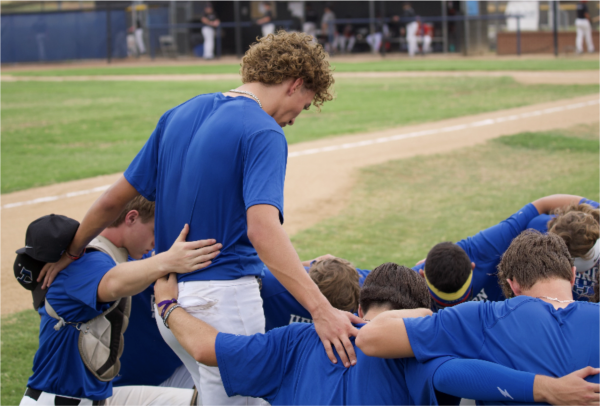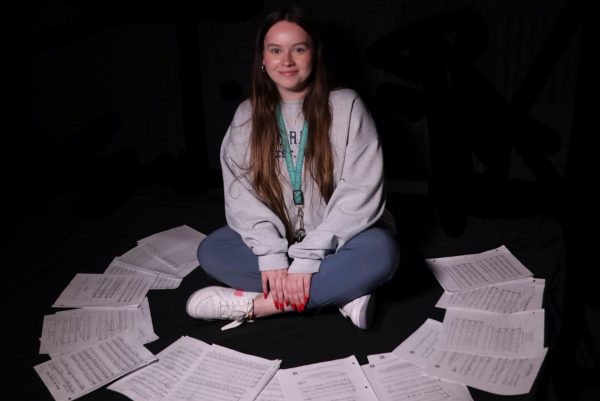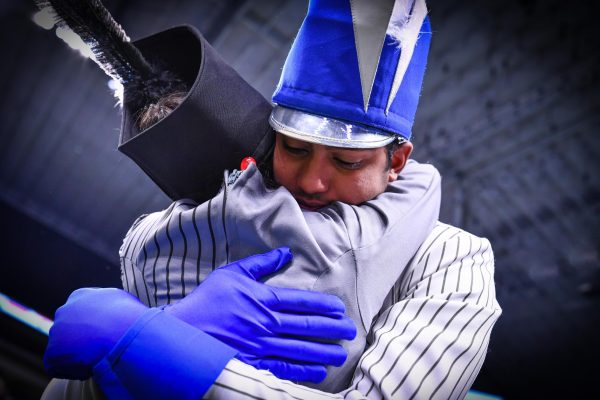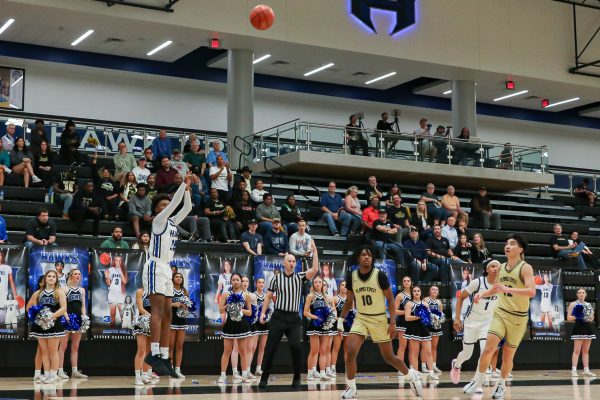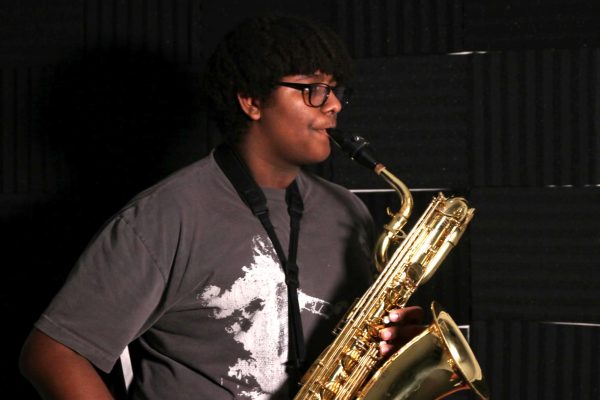The best of both worlds
Culture Shock – the feeling of disorientation experienced by someone who is suddenly subjected to an unfamiliar culture, way of life, or set of attitudes.
Life for the average teen is nothing special, but for these foreigners it is entering a whole new world.
At school, we have a diverse student body that makes it easier for students from all over the world to adjust to their new environment. For junior Sam Uddin, she traded the London eye for the Dallas skyline in Aug. 2014. She immediately began to notice differences in the culture.
“I noticed that American teens are more friendly and laid back,” Udin said. “Life as an American teen seems much more exciting compared to that of a British teen as you guys have prom, graduation ceremonies and loads of other milestones that you can look forward to. Life as a teen seems so much more fast-paced here.”
Sam also noted social and spiritual differences.
“Before coming here, I had never met anyone my age who went to church regularly,” Uddin said. “Religion is a lot more prominent among youth, especially in the South.”
On the flipside, Uddin wishes the United States had some subtle changes in layout.
“I hate that all the shops and amenities are so far away from each other,” Uddin said. “I miss walking to places and using public transport.”
In order to bypass the initial shock of a new culture one must adjust.
“The hardest things to adjust to was honestly just little things like food and vocabulary,” Uddin said. ” It’s hard to find good quality food for a reasonable price. Everything tastes either much too sweet, salty or completely bland, even everyday things like bread and cereal. Also, I had to alter my vocabulary a bit because we use different words for different things. For example, ‘bin’ versus ‘trash can’ or ‘jumper’ versus ‘sweater.’”
Across the globe and five hours away from Uddin’s hometown in London sits a small town in East Morocco where junior Oliver Amia’s father, Chosh Amia migrated from. Six hours from there lies a large city right outside of nice in South France where Oliver’s mother, Mary migrated from. Another foreigner is in the school’s midst.
Alongside the culinary differences in Moroccan meat and French escargot when faced with American hot dogs accompany large cultural differences like American standards toward teenagers.
“A major difference that I’ve noticed in teenagers there versus teenagers here is that teens there are much more independent and do a lot more on their own, whereas here teens very much depend on their parents for a lot of things,” Chosh said.
According to Mary, family life also differs in America.
“Teens in France love to spend time with their family. Everyone is so close versus here teens prefer to spend their time with their friends and aren’t as close to their parents.”
Despite the differences, Oliver said he enjoys having the mixed culture because it stands him apart from other kids and allows him to better experience the world.
“I do enjoy having the mixed culture,” Oliver said. “Sometimes it’s hard to communicate, like when my dad’s family is in town or when we go to visit they don’t understand English very well so there is always this constant language barrier.”
Being from another country is hard much less having non-American parents.
“When my friends come over, I always have to explain to them why my kitchen looks weird or why I’m only allowed to eat certain foods,” Oliver said. “It’s hard for people to understand why my family does things differently, but once I explain to them they think it’s super cool. And it’s because of that as to why I love having non-American parents.”




